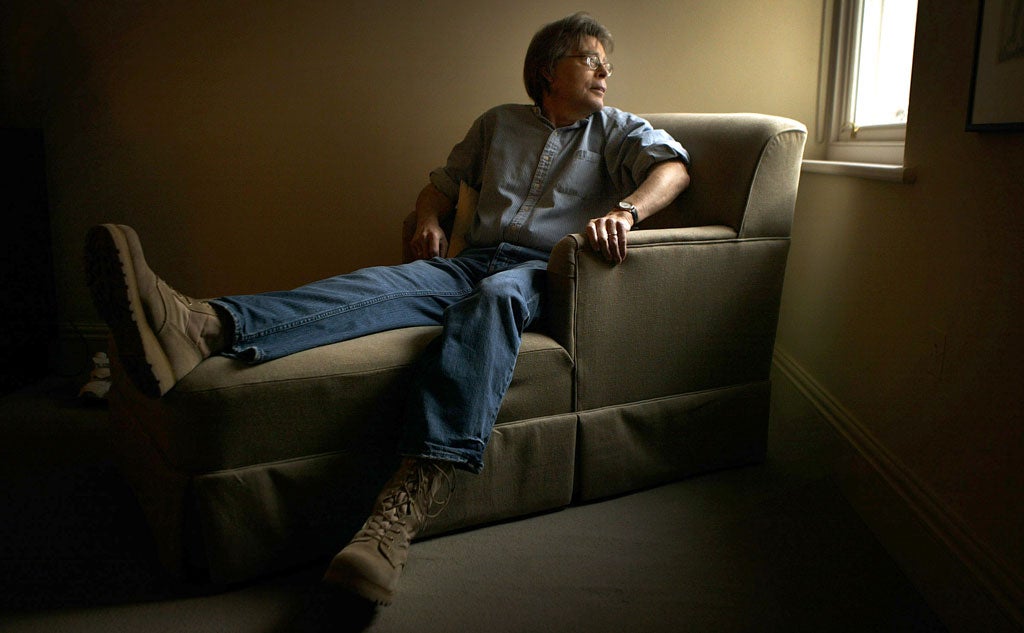The Wind through the Keyhole, By Stephen King
This annex to his 'Dark Tower' series shows a great popular artist who shuns sentimentality

Your support helps us to tell the story
From reproductive rights to climate change to Big Tech, The Independent is on the ground when the story is developing. Whether it's investigating the financials of Elon Musk's pro-Trump PAC or producing our latest documentary, 'The A Word', which shines a light on the American women fighting for reproductive rights, we know how important it is to parse out the facts from the messaging.
At such a critical moment in US history, we need reporters on the ground. Your donation allows us to keep sending journalists to speak to both sides of the story.
The Independent is trusted by Americans across the entire political spectrum. And unlike many other quality news outlets, we choose not to lock Americans out of our reporting and analysis with paywalls. We believe quality journalism should be available to everyone, paid for by those who can afford it.
Your support makes all the difference.Not all good stories are original. There are fragments, particles of story, which get glued together like molecular models in endlessly changing configurations. We are pleased by the sense that we have never seen this set of shapes before, while recognising its parts. Tolkien talks of Story as a vast stewpot into which the writer sticks their ladle; others talk of the sea of story, into which we place our nets.
Stephen King's "Dark Tower" sequence of novels, to which his new book is an annex, was always a meditation on story and its fundamental impurities. That it combined elements from a Browning poem based on a Shakespearean fragment with spaghetti Westerns, quest fantasies, post-atomic wastelands and a recursive use of the author's own misfortunes made that pretty explicit. In the end, King made clear that the preceding volumes had been but one iteration of a story that would go on for – something like – ever.
So here's another chunk, an anecdote that fits in between two earlier volumes, and contains an extended flashback to the gunslinger Roland's youth. In the course of this, he tells a frightened boy his own favourite folk-tale about courage and growing up. Roland and his companions escape a deadly storm; Roland tracks down a murderous shape-shifter. The boy, Tim, uncovers the circumstances of his father's death, and explores his world. He learns both the need for compassion and the inevitable nature of fate. What unites both the interpolated stories is a sense that the restoration of balance is not the same thing as turning back the clock. While you hide from a storm, it will nonetheless wreck the world around you.
This is a sober little book – as chastened in its way as the long books of King's late maturity. There is joy here, joy in the process of telling, but an emphasis on the costs of survival. King is one of the great popular artists of our time, and his greatness comes, in part, from the fact that the consolation he brings us is minimally built on sentimental denial of things as they are.
King will never be the same writer he was before his period of excess, or before the hit-and-run accident that very nearly killed him. It is all about making do. Nothing will change the fact that Tim's father is dead or that, at journey's end, beyond storms, Roland will come to the Dark Tower.
Join our commenting forum
Join thought-provoking conversations, follow other Independent readers and see their replies
Comments